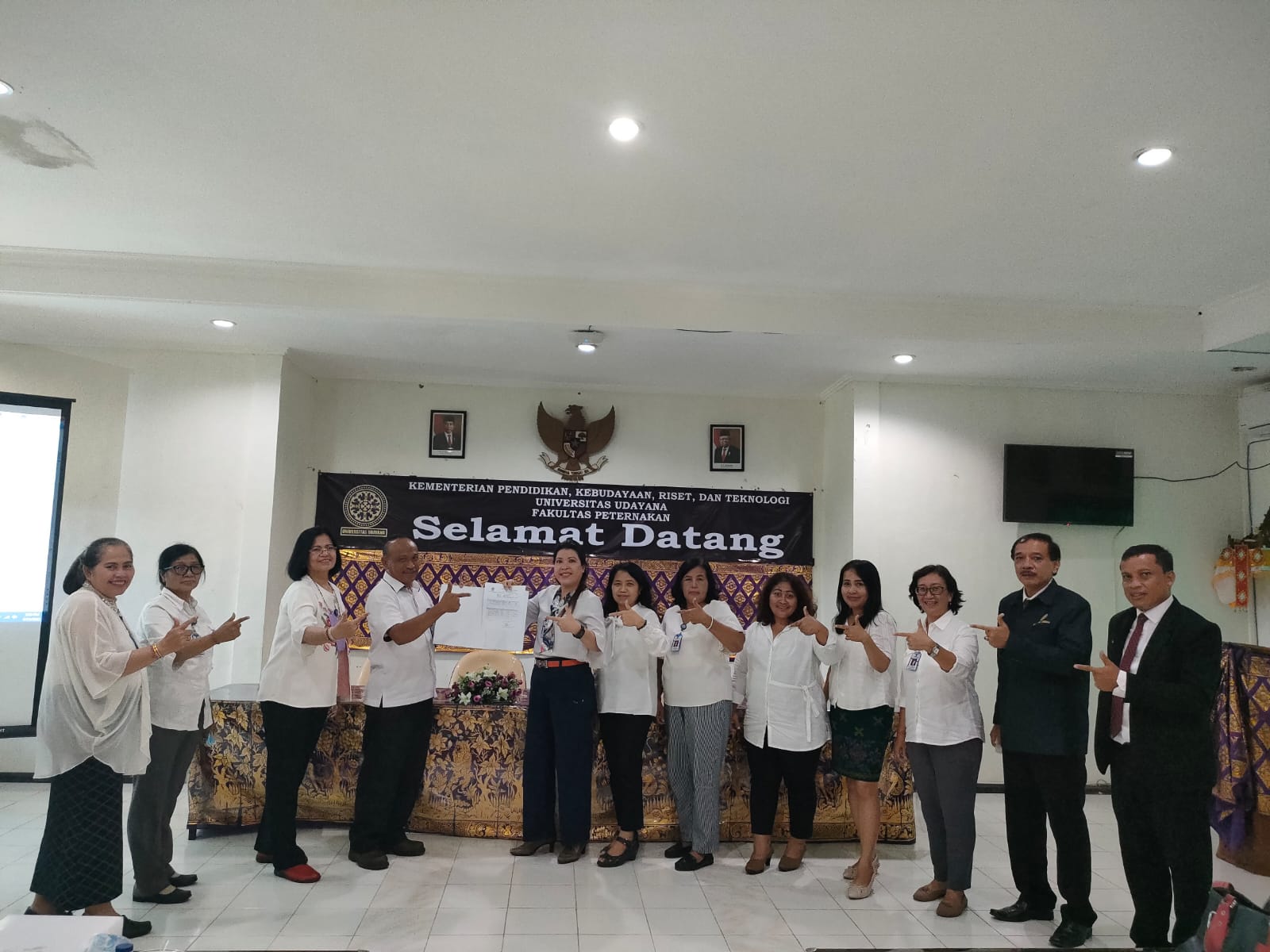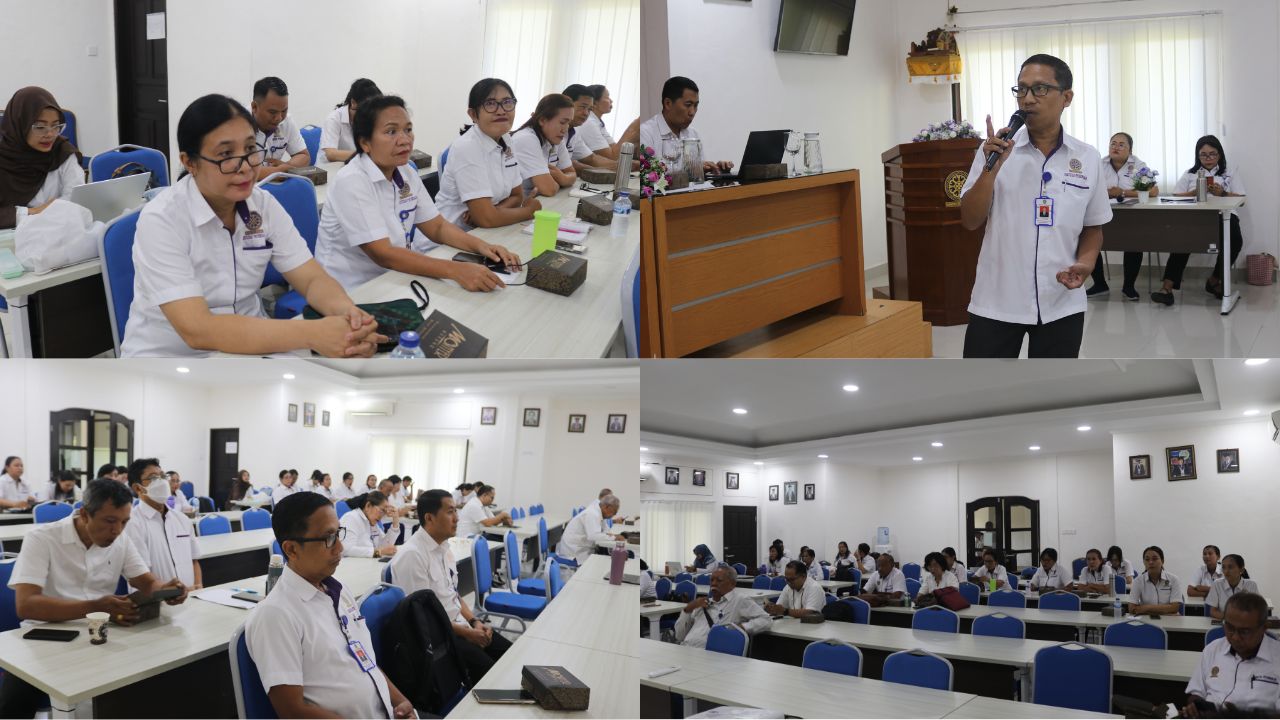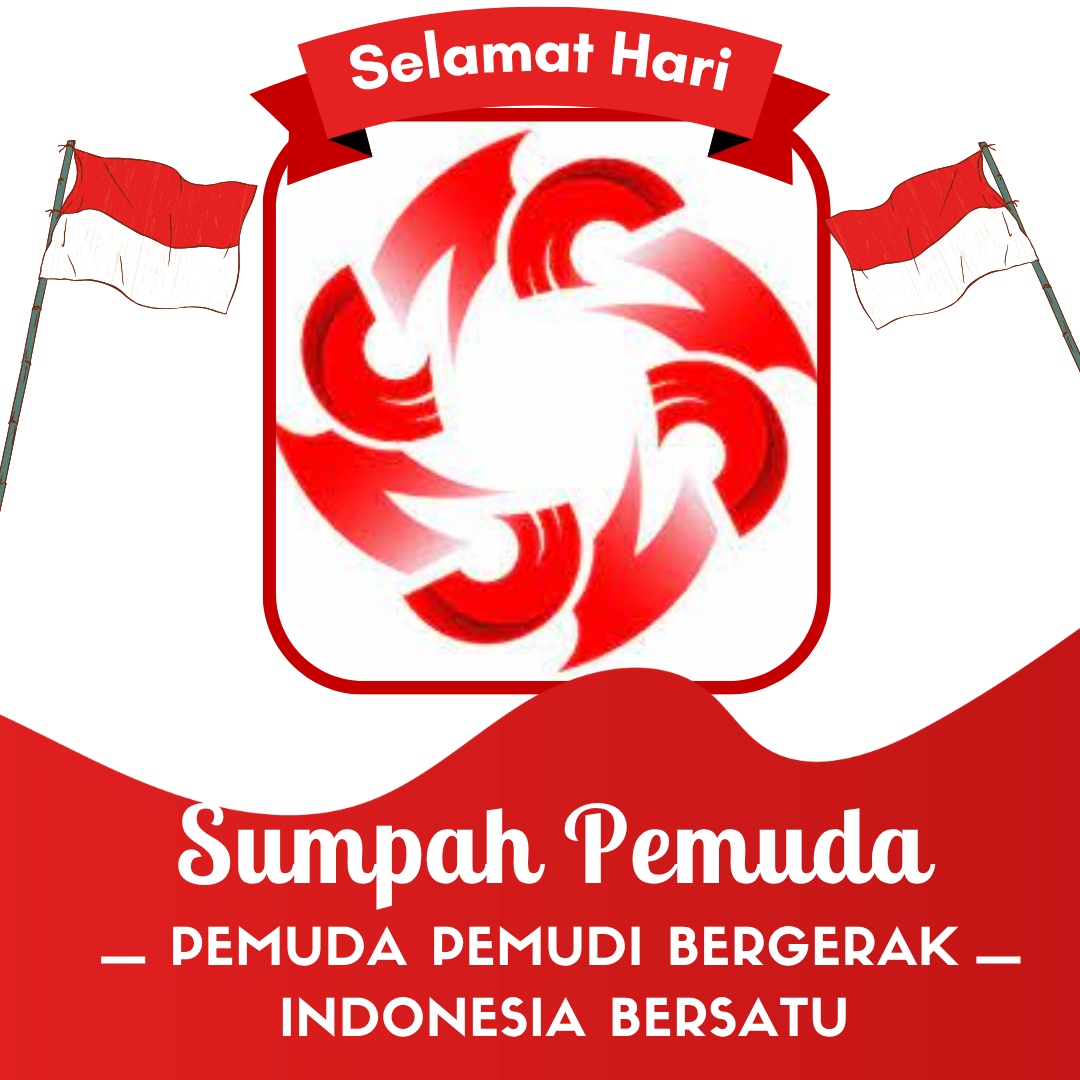Animal Husbandry Study Program, Faculty of Animal Husbandry, Unud Improves Quality through Internal Quality Audit
One of the efforts to improve the quality of higher education is to develop Quality Assurance in higher education. To ensure continuous quality, the established and enforced quality standards will be monitored through quality audits. An internal quality audit (AMI) needs to be carried out in order to know the progress that has been achieved and what has not been achieved. For this reason, AMI needs to be implemented in every part of the Faculty of Animal Science, Udayana University. The implementation of AMI will be carried out by conducting a quality audit as a follow-up to the establishment and implementation of quality standards that have previously been socialized.
The Animal Husbandry Study Program, Faculty of Animal Husbandry, Udayana University received the AMI Auditor Team (Monday, August 15, 2022). Located in AA Building, lt. 3, Campus of the Faculty of Animal Husbandry, Udayana University, Jimbaran which was attended by the Dean of the Faculty of Animal Science, Udayana University, Dr. Ir. I Nyoman Tirta Ariana, M.S., IPU.; Vice Deans ; Co-Prodi S1 ??Dr. Ir. Ni Luh Putu Sriyani, S.Pt., MP., IPM, ASEAN Eng. ; The UP3M Team and the TPPM Team for the Undergraduate Study Program, at the Faculty of Animal Husbandry, Udayana University.
The stages of implementation and work mechanisms are determined based on an agreement between the auditor and the auditee. The AMI Auditor Team consists of 5 people with Lead Auditor Dr. Ir. I Gusti Lanang Oka Cakra, MS with members Dr. Ir. Ni Wayan Siti, M. Si; Dr. Ir. Luh Gde Sumardani, S.Pt., M.Sc.; Prof. Dr. Ir. Ni Nyoman Suryani, M.Si; and Prof. Dr. Ir. Gusti Ayu Mayani Kristina Dewi, MS., IPU., ASEAN Eng. Where the scope of the audit includes a risk-based educational process. The purpose of AMI activities is to evaluate the non-conformance of standards with implementation and ensure that the standards run well.
This risk-based AMI activity is expected to be useful for Udayana University, Faculties/UPPS and Study Programs within Unud on how to identify risks, analyze and manage risks that have the potential to decrease the quality of Higher Education, and realize sustainable quality improvements at Udayana University, so that Study Programs and Faculties / UPPS will be better prepared to deal with external quality audits or accreditation/re-accreditation.



UDAYANA UNIVERSITY